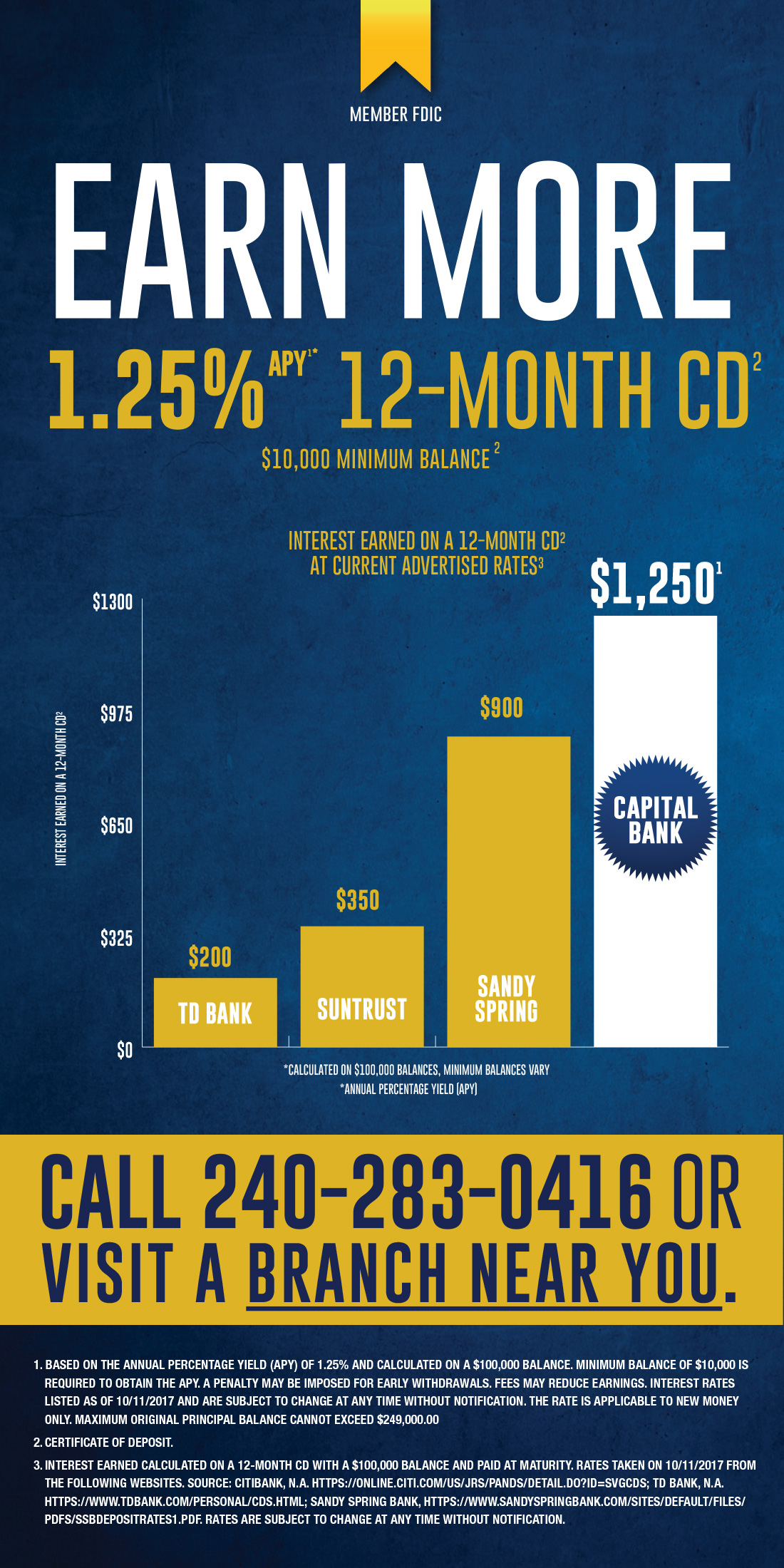
The Risks of Using Attorney-opinion Letters in Lieu of Title Insurance
On April 6, 2022, Fannie Mae introduced attorney-opinion letters (AOLs) as an alternative to title insurance for certain home mortgages to attest that there are no problems with a property’s title. Then last December, Fannie announced that it would expand the types of mortgages it will purchase that rely on AOLs to include condos and properties subject to a homeowner’s association (HOA). Freddie Mac introduced AOLs as an alternative to title insurance in May of 2020.
This is part of efforts by the Biden Administration to make housing more affordable by lowering closing costs, of which title insurance is one component. Policy changes such as this by Fannie Mae and Freddie Mac can play a big role in who qualifies for a home mortgage and what the terms of the loan are, including the interest rate.
The Critical Role of Title Insurance
Title insurance is widely accepted in the mortgage industry as a safeguard for home purchasers and mortgage lenders to protect them from title-related complications that can arise after closing such as liens, easements, and unrecorded deeds. Therefore, it’s not surprising that the title insurance industry has strongly objected to the use of attorney-opinion letters in lieu of title insurance.
In a recent update, the American Land Title Association (ALTA) stated that unregulated title insurance alternatives could imperil the stability of the housing market and property rights of homeowners. “AOLs fail to provide the protections that really matter to homebuyers,” stated ALTA President Don .
“Title insurance provides more comprehensive coverage, particularly related to risks not easily discoverable by a simple public records search,” said ALTA CEO Diane Tomb in a Wall Street Journal article published on January 16, 2024.
Potential Problems with Attorney-Opinion Letters
The ALTA update points to several potential problems that could arise if an AOL is used instead of title insurance, including the following:
- One-third of all claims paid by title insurance companies are for issues that cannot and would not be found in a public records search. These issues remain uncovered under an AOL, according to ALTA.
Mortgages for condominiums subject to HOA bylaws are especially vulnerable to risks not revealed by a public records search, which is included with title insurance. This includes unpaid HOA dues and assessments. Title insurance offers specific endorsements to address issues like these, but AOLs offer no such protection.
- In so-called “seller pay” states, which constitute the majority of states, AOLs can actually increase expenses for homebuyers beyond what they would pay for title insurance. In these states, the seller pays for the homebuyer’s title insurance policy while homebuyers only have to pay for a lender’s title insurance, which is less expensive (often as little as $150). Other discounts can make title insurance even less expensive.
- Unregulated title insurance alternatives such as AOLs lack the transparency and basic consumer protections provided by state insurance regulation. Title insurance policies are backed by statutorily required financial reserves to cover future claims risks, but AOLs aren’t. This creates additional risk for homebuyers.
Despite claims by some AOL providers that attorney-opinion letters offer full coverage, they don’t provide the same protection that’s typically available with title insurance, which covers risks that aren’t easily found by a simple public records search. These may include federal tax and HOA liens on property. Also, unlike title insurance, AOLs do not cover fraud or forgery of title documents.
Are Title Insurance Fees Really Regressive?
An article recently published by First American Financial Corporation examined the initial claim by Fannie Mae that title and settlement fees are a high-burden and regressive closing cost (i.e., they cost proportionally more for low- and moderate-income borrowers). According to the article, the difference in title and settlement fees between all homebuyers and low-income, first-time homebuyers is miniscule: 0.7% for all homebuyers and 0.84% for low-income, first-time homebuyers.
Also, the Fannie Mae analysis failed to distinguish between fixed and variable fees, stated the article. Title policy premiums are variable and generally set as a percentage of the loan balance and any analysis of alleged regressive closing costs (including title insurance) should consider the different nature of these fees. In this instance, any alleged regression of title insurance fees could be completely eliminated.
In a subsequent white paper published in 2022, Fannie Mae acknowledged that title and settlement fees are neither regressive nor do they represent a significant component of overall mortgage closing costs. “Economically meaningful differences in costs across borrower groups are not evident in title and settlement charges,” stated the white paper.
According to Fannie Mae, the largest life-of-loan mortgage costs are property taxes and recording fees (9.32%) These are followed by fees paid to the mortgage-backed security (MBS) investor (9.04%), fees paid to the lender (4.41%), homeowner’s insurance (2.92%) and fees paid to the loan servicer (1.24%). The title insurance premium accounts for just 0.42% of life-of-loan mortgage costs.
What’s more, the cost of title insurance is not listed as a significant barrier to homeownership in a recent study conducted by the National Association of Realtors (NAR). Elevated home prices and mortgage rates and limited home inventory within their price range are the main reasons potential buyers listed for not buying a home now, according to the NAR study.
Legislation Would Mandate Title Insurance
Bipartisan legislation has been introduced in Congress — the Protecting America’s Property Rights Act — that would require homebuyers to purchase title insurance from a state licensed and regulated title insurance company for mortgages purchased by government-sponsored entities (GSEs), including Fannie Mae and Freddie Mac.
“Title insurance serves as an important guardrail to help protect homeowners and lenders from title defects that could jeopardize their investment,” says Capital Bank Fiduciary Deposit Banker, Angela Saiz. “A home is the biggest purchase most people make in their lives, so I don’t believe it’s wise to jeopardize this by trying to save a few dollars by replacing title insurance with an attorney opinion letter.”
Toni Carroll, Capital Bank’s new VP of Fiduciary Banking, agrees: “The data reveals that in many instances, choosing an attorney-opinion letter can be even more expensive than purchasing title insurance. Why would any homeowner make this choice when it actually costs more money and offers less protection?”
ALTA has created a resource guide with a list of Frequently Asked Questions about title insurance vs. attorney opinion letters, including the wide gaps in coverage presented by AOLs and the shortcomings of their use.
The issue of attorney-opinion letters vs. title insurance will be a hot topic of discussion at the ALTA Advocacy Summit in Washington, D.C., May 6-8. You can register for the event online, as well as join ALTA’s Title Action Network to help advocate for the Protecting America’s Property Rights Act.



